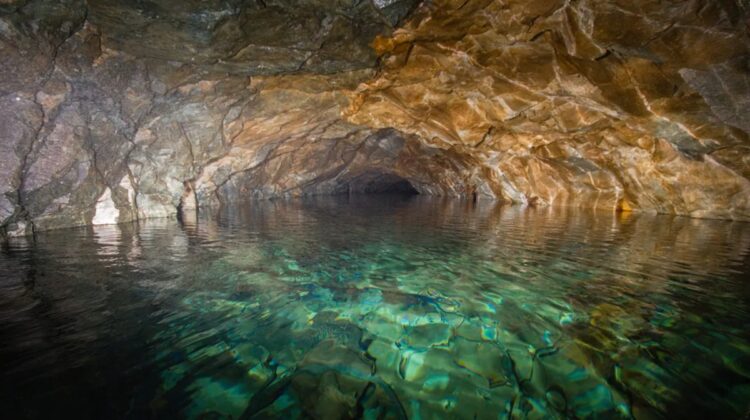In 2016, researchers made an incredible discovery deep down within a Canadian mine. They found the world’s oldest pool of water at a depth of approximately 3 kilometers or 1.8 miles. The water dates back to a stunning 2 billion years old, breaking the record for the oldest known water by at least 500 million years. The previous record was held by water found in the same mine by the same team back in 2013, which came from a depth of around 2.5 kilometers.
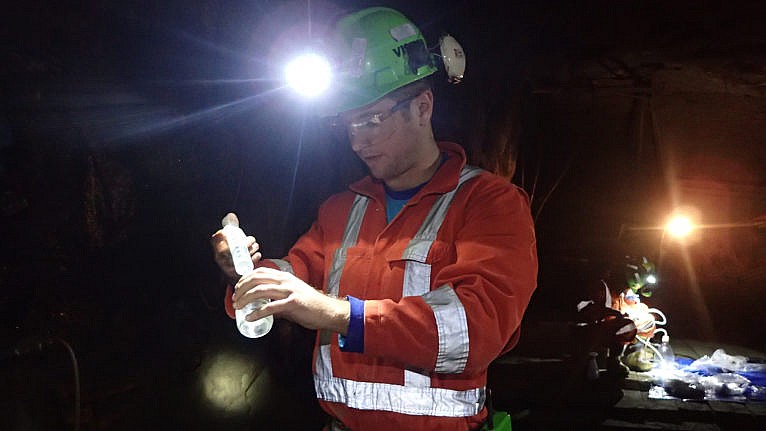
The mine, situated in the Timmins area of Ontario, is the deepest basal metal mine globally, as miners are excavating deeper and deeper into the Earth’s crust to find copper, zinc, and silver. When the miners dug deeper, the researchers took the opportunity to explore further into the mine. They studied the gases trapped inside the water to determine its age.
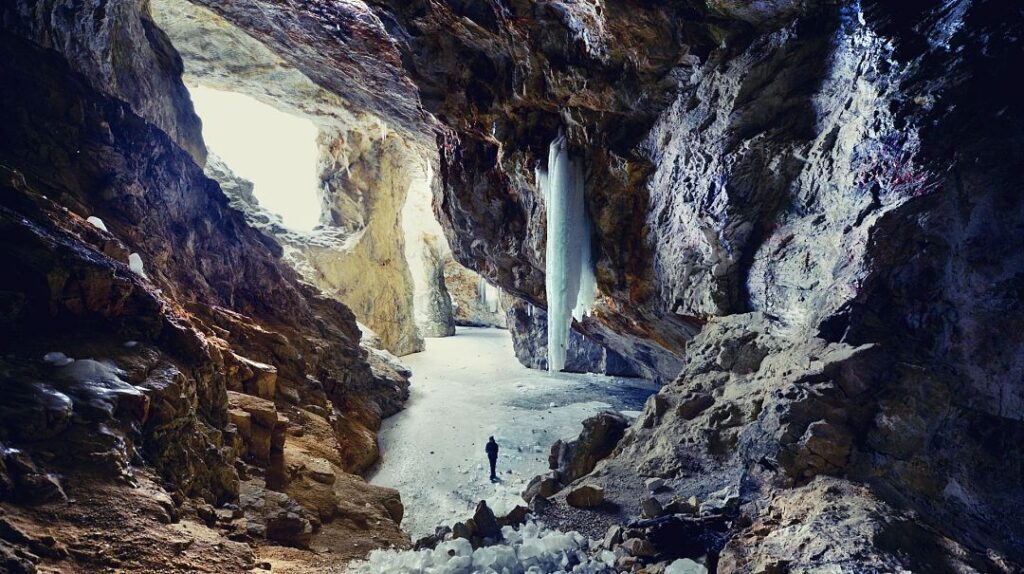
Traces of life were also found within the liquid, although the researchers have yet to find living bacteria. From their discovery, they inferred the existence of microbiology within the water over a very long time period, effectively the fingerprint of life. This finding is not only important because of the vast age of the water, but it may also help in the search for life off-world.
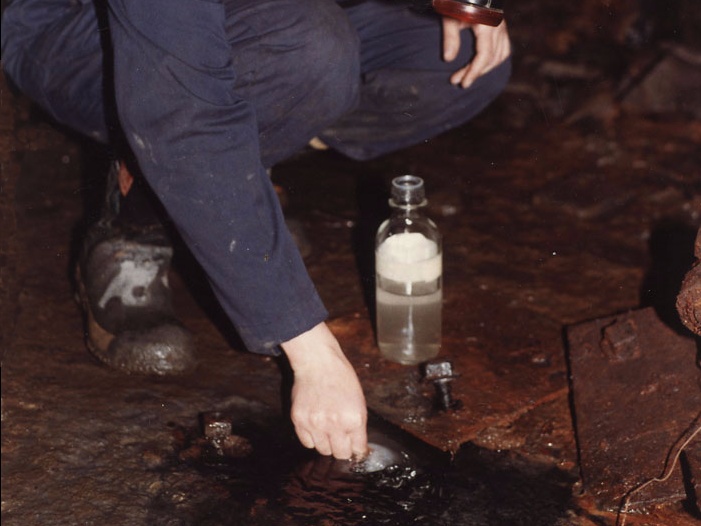
The fact that something has been able to survive, and indeed flourish, in water that is so old and so deep within the Earth has significant implications. It could tell us about life on Earth billions of years ago, and it could also help scientists understand whether there is any possibility of microbial life on other planets.
While rivers no longer flow on the surface of Mars, there are still pockets of water and ice under the surface. Although these are not as deep as the water discovered in Canada, it is possible that these pockets could provide the necessary conditions for microorganisms to thrive.
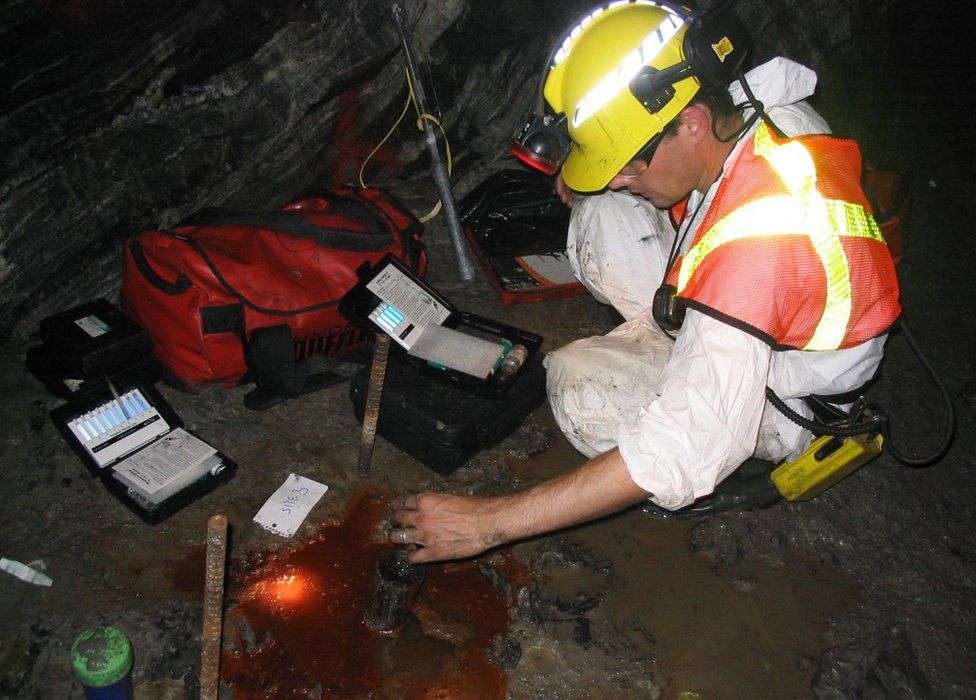
The researchers also found that the volume of water was much larger than anyone anticipated. It was bubbling right up out of the rock at a rate of liters per minute. Professor Barbara Sherwood Lollar, who presented the discovery, emphasized that people usually assume that the water must be a tiny amount trapped within the rock. However, the reality is that the water’s volume is much larger than anticipated.
This discovery not only sheds light on the potential for microbial life on other planets but also highlights the remarkable ability of life to adapt and survive in extreme environments. The oldest water in the world might have been discovered at the bottom of a Canadian mine, but it has significant implications for the study of life and the search for extraterrestrial life.

